I'm trying to annotate the y-values of data points in a given ggplot object, after the fact.
To have a reproducible example, I'll create a model on mtcars data, using lm(), and plot using sjPlot::plot_model().
library(magrittr)
library(sjPlot)
given_p_object <-
mtcars %>%
lm(mpg ~ as.factor(gear), data = .) %>%
sjPlot::plot_model(., type = "pred")
So my question starts here: say that I'm given the object given_p_object. I execute it and get the plot:
> given_p_object
Is it possible to mark the y-values for each point on the plot, without referring back to the original data and the process that led to the plot (thus ignoring mtcars %>% lm() %>% sjPlot::plot_model())? In other words, how can I extract from within the current given_p_object the information needed to do the following?

